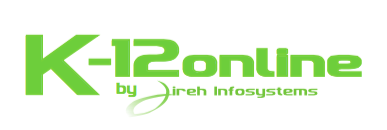A new poll shows that most Californians approve dramatic changes set to take hold in public education, including the new formula for deciding how much school funding each district gets, called the Local Control Funding Formula (LCFF).
Under this new funding system, schools will receive a base grant for students in grades K-12. In addition to the base grant, a supplemental grant of 20% of the base grant will be offered for disadvantaged students: those who are classified as English Learners (EL), Low Incidence (LI) disability, Foster Youth (FY), or eligible to receive a Free or Reduced-Price Meal (FRPM). Additionally, districts with more than 55% of their students identified as disadvantaged will be granted funds at a rate of 50% the base grant.
Each school funding dollar granted to a school will help improve programs and services in the areas where they are needed most. However, many schools have difficulty capturing the data required to ensure that they receive the greatest amount of funding for each student. Whether it’s due to parent insecurities, student embarrassment, or lack of proper reporting, districts are “losing out??? on thousands of available state LCFF dollars due to students being misclassified.
So how can schools make certain that they capture accurate data for school funding? Well, using an online system like K-12 Online helps:
- Optimize data while at the same time safeguards privacy.
- Parents can identify residency information, language, or disabilities in a way that maintains their dignity, is safe and non-threatening.
- Parents feel a sense of anonymity because all registration and enrollment information is completed online, and hard copies are not circulated through volunteers, etc.
- Only administrators who are required to know classification information have access to it, adhering to Family Educational Rights and Privacy Act (FERPA) laws.
- Using an online system increases reporting accuracy and allows for data to be easily sorted, saved, and sent to the district.
Online registration helps maintain the parents and students’ dignity and privacy while ensuring each district receives maximum school funding.

